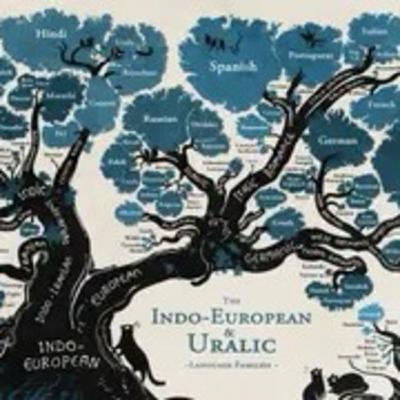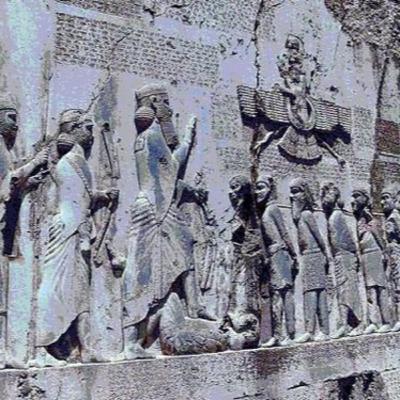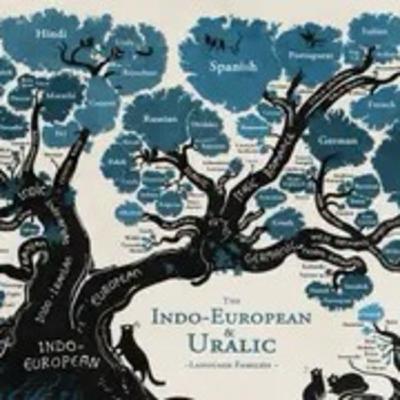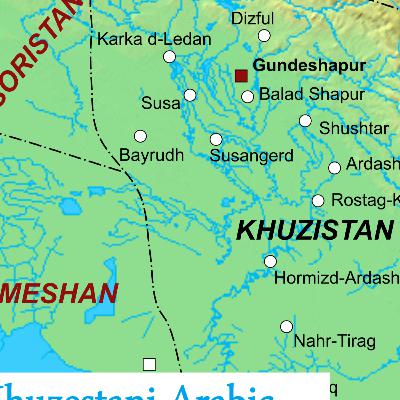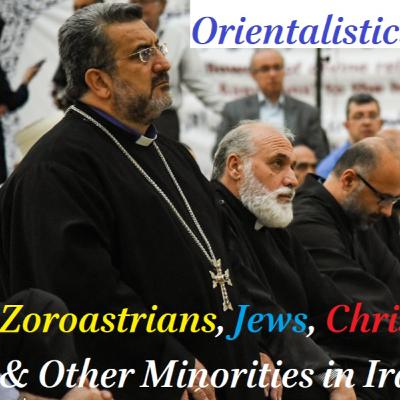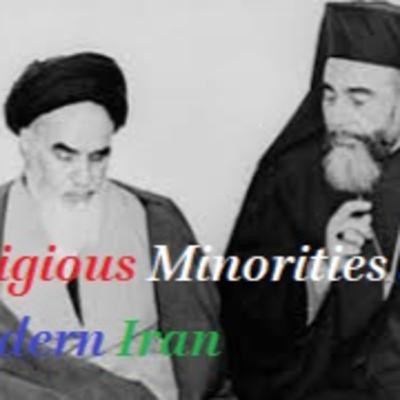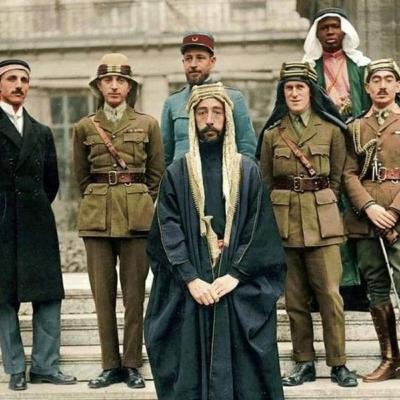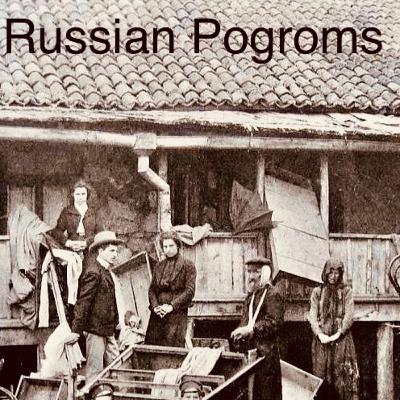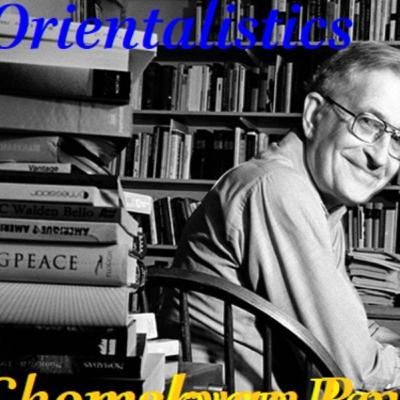An Introduction to Indo-European Linguistics, Part 1
Update: 2024-07-14
Description
n this podcast episode, we delve into the groundbreaking contributions of Sir William Jones, a pioneering figure in the field of historical linguistics. Born in London in 1746, Jones distinguished himself not only as a jurist but also as a linguist with an exceptional aptitude for languages including Greek, Latin, Hebrew, Arabic, and Persian. His journey into linguistics and Asian cultures began early in his career, culminating in his appointment to the Calcutta Supreme Court in 1783.
Jones's tenure in India proved transformative, fueled by his deep fascination with Sanskrit and its ancient texts. Despite initially lacking proficiency in Sanskrit upon his arrival in Bengal, Jones quickly immersed himself in its study. His fluency in Persian, which shares linguistic roots with Sanskrit, facilitated his linguistic insights.
Jones's pivotal moment came in 1786 when he delivered a lecture to the Asiatic Society of Bengal, where he articulated his groundbreaking hypothesis. Drawing comparisons among Sanskrit, Greek, Latin, Persian, and Gothic languages, he proposed a common ancestral language, Proto-Indo-European (PIE). This theory revolutionized linguistic studies by suggesting a shared linguistic origin for a vast array of languages across Europe and parts of Asia.
His work not only laid the foundation for comparative linguistics but also underscored the interconnectedness of human cultures and histories. By identifying phonetic shifts and lexical similarities across these languages, Jones provided empirical evidence for the evolutionary paths of languages spoken by millions today.
Jones's legacy extends beyond academia; his establishment of the Asiatic Society in Calcutta in 1784 became a hub for intellectual exchange, promoting the study of Indian languages, history, and culture. His efforts fostered a deeper understanding of India's rich heritage among European scholars.
In summary, Sir William Jones's profound insights into the Indo-European language family reshaped linguistic scholarship and expanded our understanding of cultural diffusion and human migration. His pioneering work continues to influence linguistic and historical research, marking him as a seminal figure in the study of languages and civilizations.
Jones's tenure in India proved transformative, fueled by his deep fascination with Sanskrit and its ancient texts. Despite initially lacking proficiency in Sanskrit upon his arrival in Bengal, Jones quickly immersed himself in its study. His fluency in Persian, which shares linguistic roots with Sanskrit, facilitated his linguistic insights.
Jones's pivotal moment came in 1786 when he delivered a lecture to the Asiatic Society of Bengal, where he articulated his groundbreaking hypothesis. Drawing comparisons among Sanskrit, Greek, Latin, Persian, and Gothic languages, he proposed a common ancestral language, Proto-Indo-European (PIE). This theory revolutionized linguistic studies by suggesting a shared linguistic origin for a vast array of languages across Europe and parts of Asia.
His work not only laid the foundation for comparative linguistics but also underscored the interconnectedness of human cultures and histories. By identifying phonetic shifts and lexical similarities across these languages, Jones provided empirical evidence for the evolutionary paths of languages spoken by millions today.
Jones's legacy extends beyond academia; his establishment of the Asiatic Society in Calcutta in 1784 became a hub for intellectual exchange, promoting the study of Indian languages, history, and culture. His efforts fostered a deeper understanding of India's rich heritage among European scholars.
In summary, Sir William Jones's profound insights into the Indo-European language family reshaped linguistic scholarship and expanded our understanding of cultural diffusion and human migration. His pioneering work continues to influence linguistic and historical research, marking him as a seminal figure in the study of languages and civilizations.
Comments
In Channel

